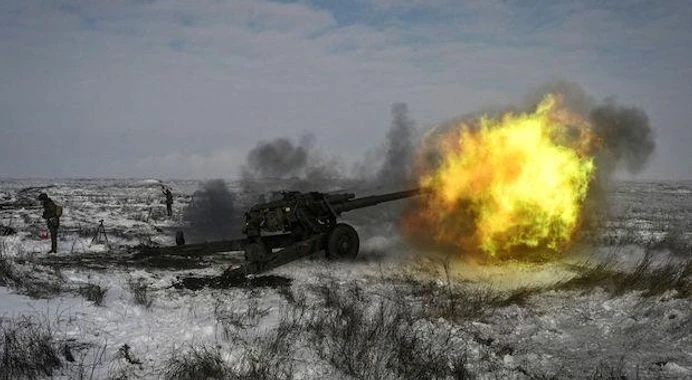Pakistan Elections 2018: Who's contesting, and why India must closely watch
With the country gaining independence a day before India, why democracy in the country has largely remained a distant dream.
)
Pakistan General Elections
Voting for Pakistan general elections is underway on Wednesday. The elections mark the completion of its first ever decade of unbroken democracy. That means, since its independence, the nation has seen only two democratically elected governments completing full terms in office.
The first major player in the national election is Shahbaz Sharif, leading the incumbent party (PML-N) into the elections after his brother and former Prime Minister, Nawaz Sharif, was disqualified from holding the elected office and the party leadership for life with his name appearing in Panama Papers.
The second major player is Bilawal Bhutto Zardari, son of assassinated Pakistani Prime Minister Benazir Bhutto. He is leading Pakistan People's Party into the elections and is hoping to capitalize on the support his mother enjoyed.
The third major player is Pakistani cricketer-turned-politician Imran Khan, leader of the Pakistan-Tehreek-e-Insaf(PTI). He is considered to be posing a tough challenge to the incumbent PML-N. Imran believes that his tough stance against corruption would fetch him a majority in the elections.
Since 1947, Pakistan has been ruled three times by military dictators who served as President for many years. In 1958, Muhammad Ayub Khan became the President. In 1977, Zia-ul-Haq became the President after ousting Zulfikar Ali Bhutto. And in 1999, Parvez Musharraf held the post and remained in office till 2008.
The military dictators often used reasons like rigging in elections, incompetence, and corruption among civilian leaders to justify their autocratic rule.
Today, Pakistan has fallen behind Bangladesh, which was earlier its eastern wing, in terms of human development indicators. Another major consequence has been the diminishing stature of its Constitution. Military rulers have tweaked the Constitution in the past on their whims and fancies to justify their coups. Pakistan has lost many many economic growth opportunities owing to its political instability.
A stable civilian government not submissive to the military is what India would look forward to for its diplomatic relations. There have been incidents in the past of the Pakistan military establishment sabotaging relations whenever something is done by both countries' governments to strengthen their relations. For example: After PM Modi's impromptu visit to Lahore to meet Nawaz Sharif, there was an attack on the Indian Air Force station in Pathankot.
More From This Section
Don't miss the most important news and views of the day. Get them on our Telegram channel
First Published: Jul 25 2018 | 9:45 AM IST


)